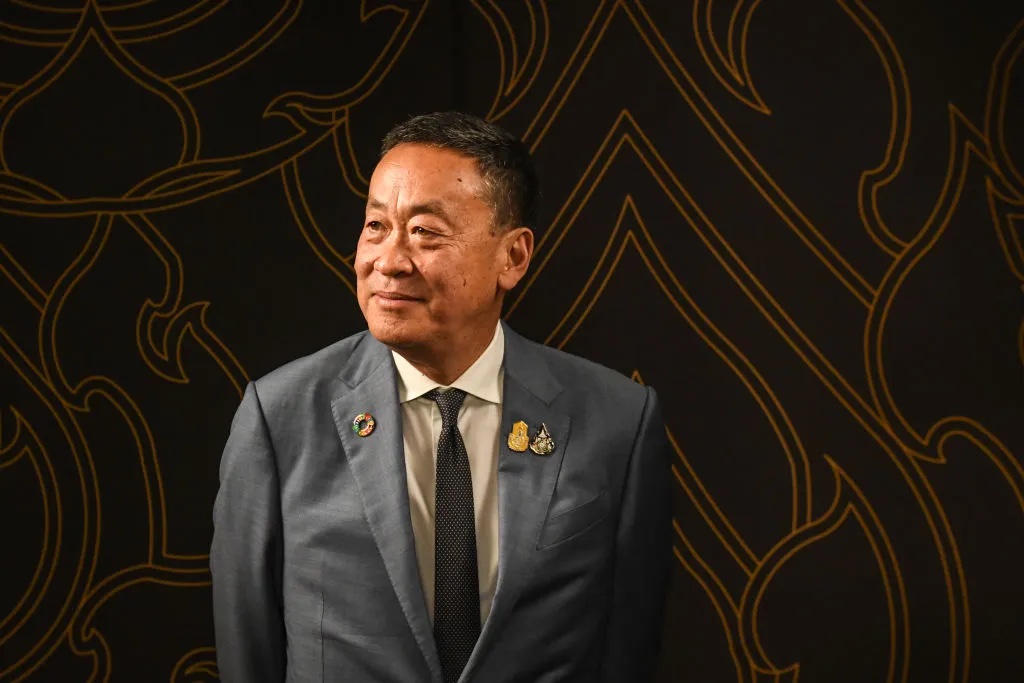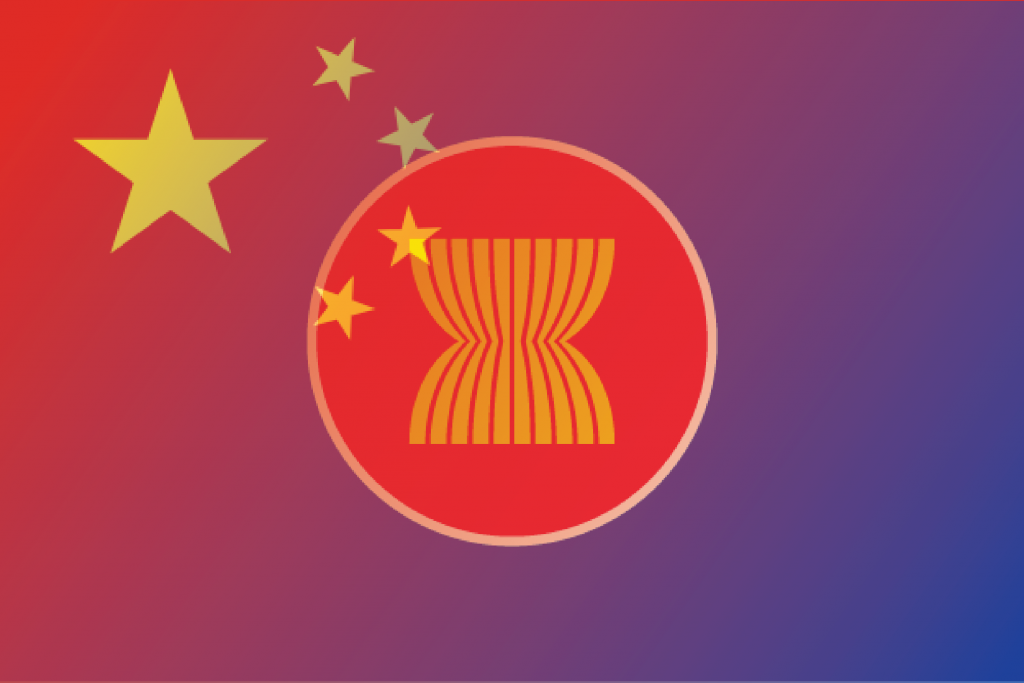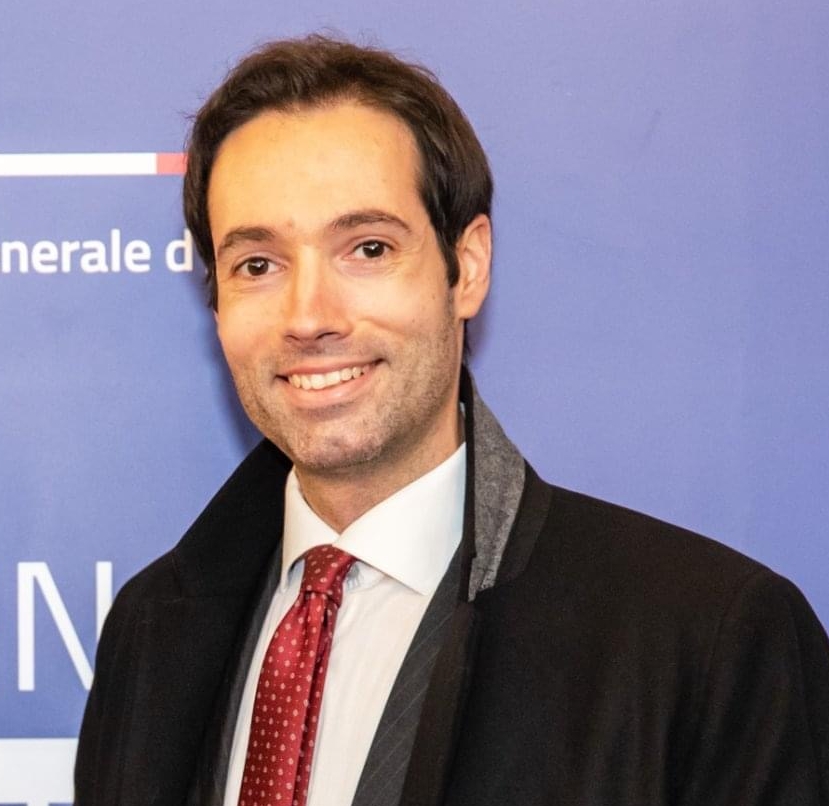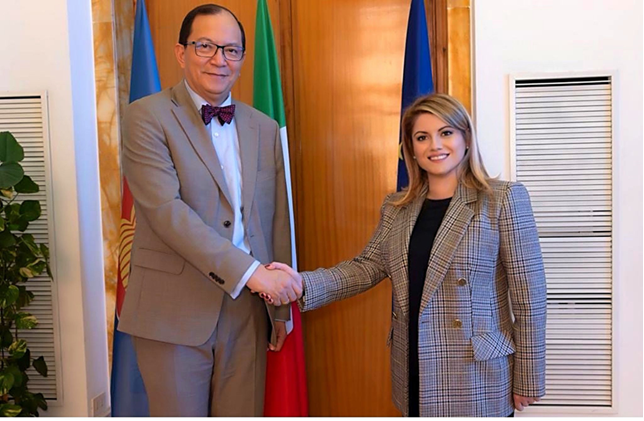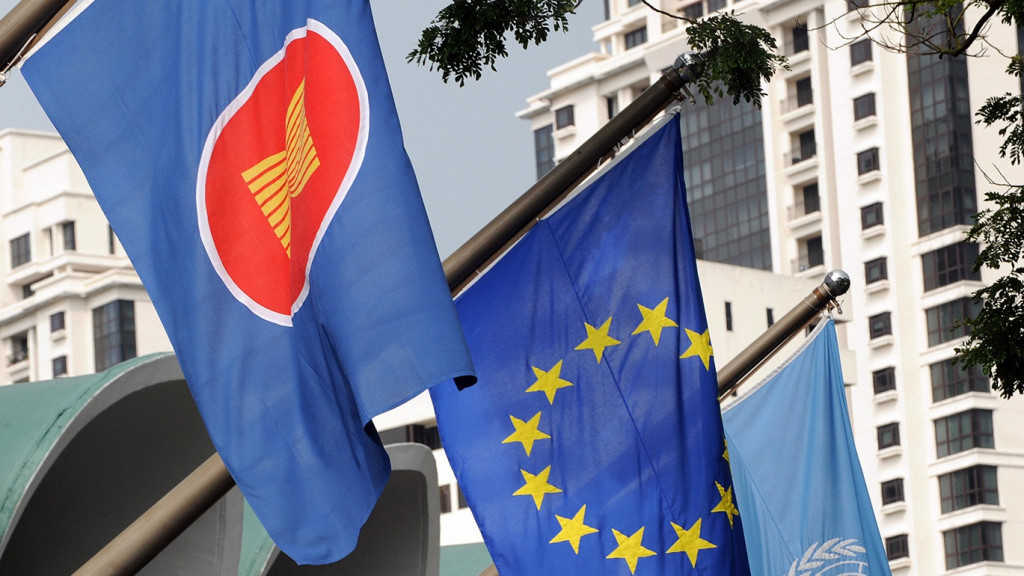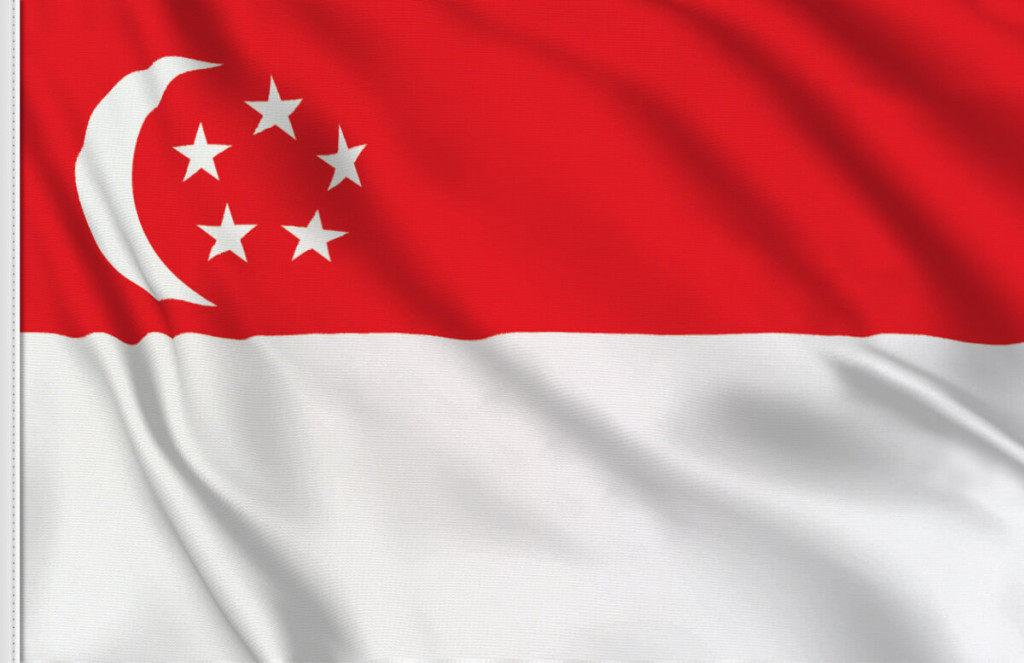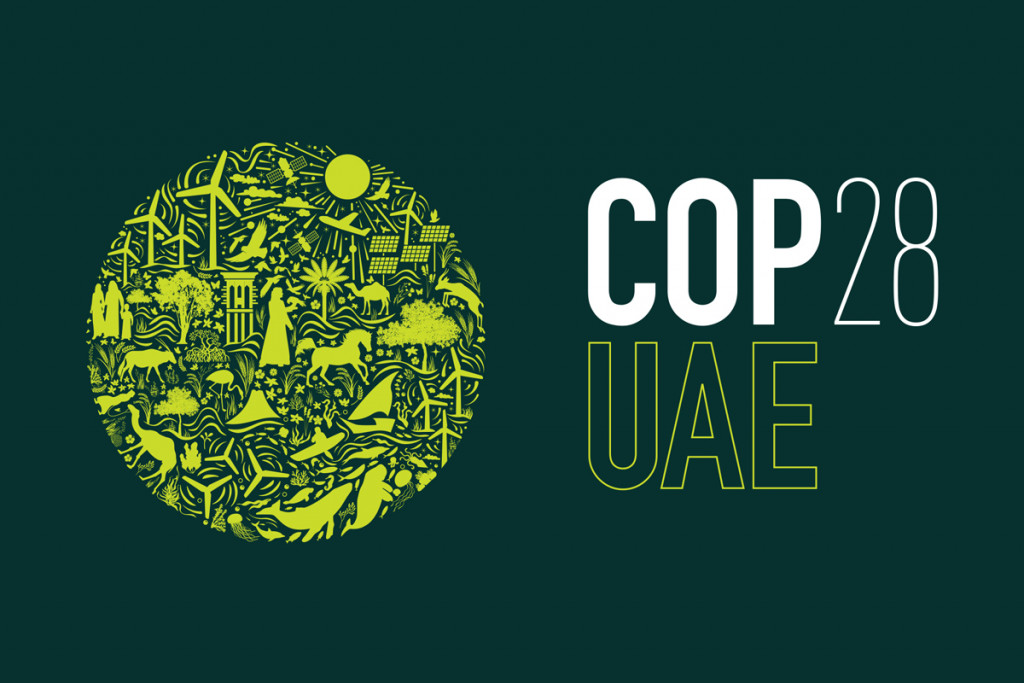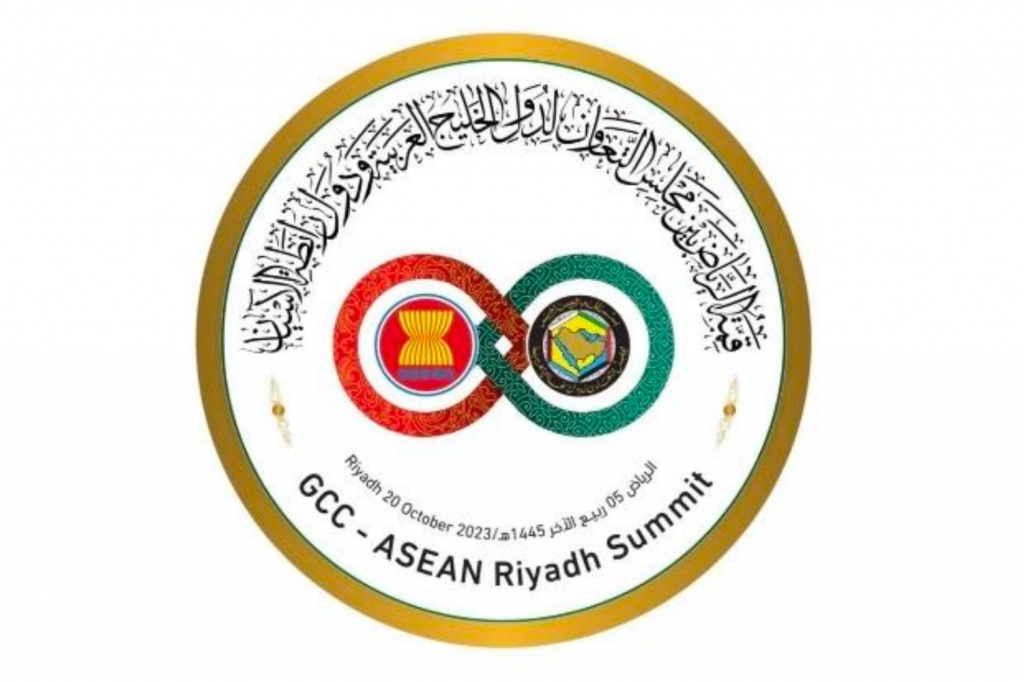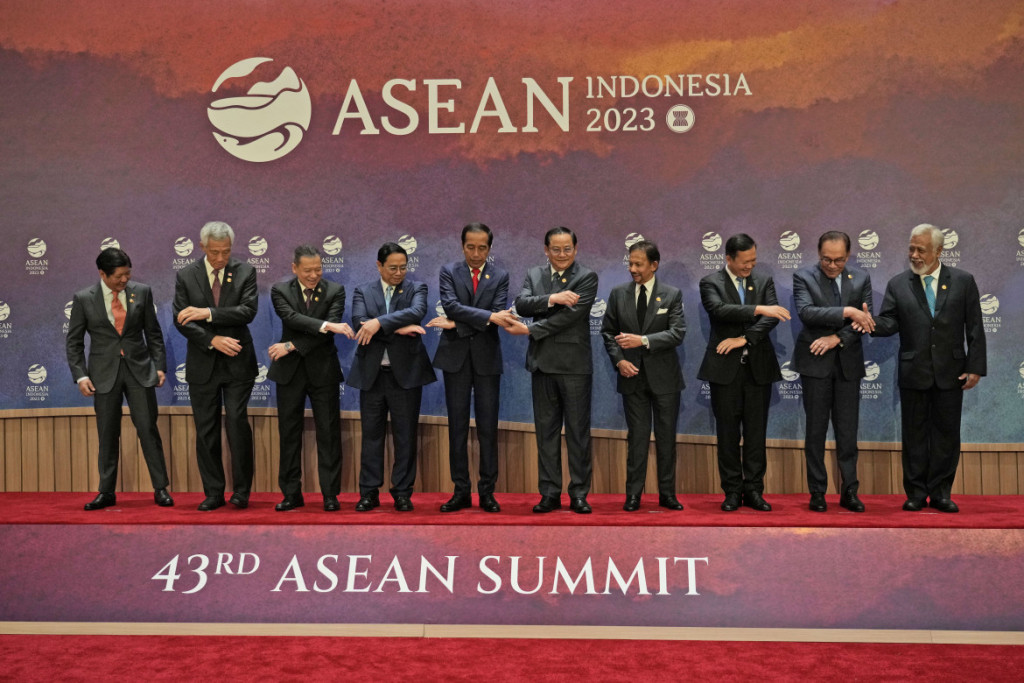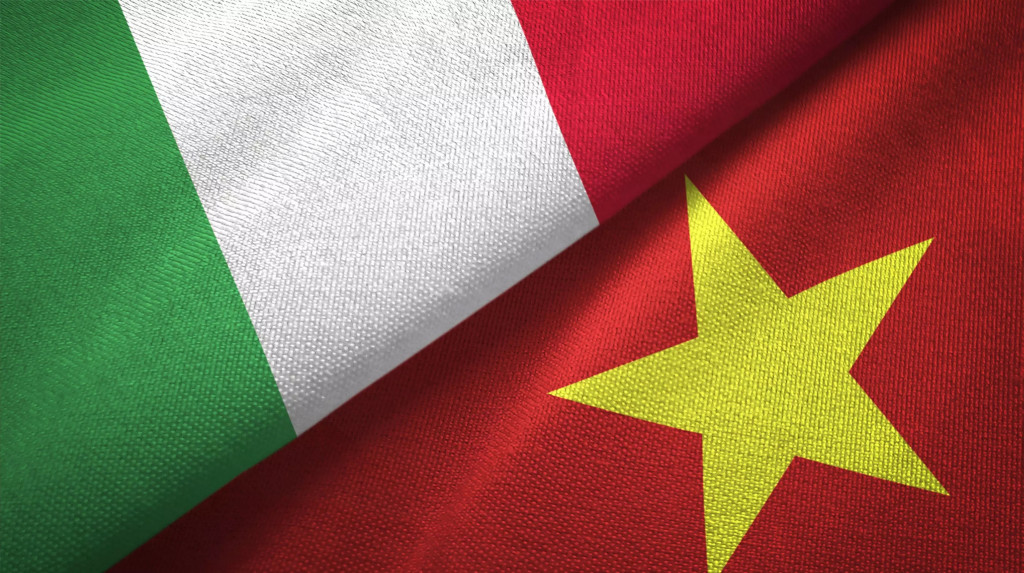Southeast Asia and Beijing are linked by deep trade entanglements. And this will not change even in 2024
By Lorenzo Riccardi
In October 2023, Indonesia inaugurated its first high-speed rail network, with a trip by President Joko Widodo on the bullet train between the capital Jakarta and the city of Bandung. A $7.3 billion investment for a 140-kilometer route built by Chinese and Indonesian companies that allows travel at peak speeds of 350 kilometers per hour, facilitating trade and logistics in the region.
November 2023 saw the launch of the first high-speed passenger train linking Beijing, the Chinese capital, and Vientiane, the capital of Laos.
This is a long tourist route on the China-Laos railway, adding to the routes between Yunnan Province and the ASEAN region inaugurated in the previous two years. A project symbolic of Southeast Asia's relationship with the People's Republic of China that is part of the Belt and Road Initiative, with the goal of promoting the movement of people and goods between southern China and Southeast Asia.
This infrastructure is part of a larger project that will lead to connecting with 5,500 kilometers of high-speed network Beijing with Singapore through Laos, Thailand, Malaysia and linking the capitals Vientiane, Bangkok, Kuala Lumpur and Singapore to promote the region's logistics, trade and tourism.
The Belt and Road Initiative, from which Rome recently exited, includes 42 of the continent's 49 nations in Asia and all 10 Southeast Asian countries from Brunei to Indonesia.
For China, the ASEAN region occupies a key geopolitical position, serving as a crossroads for major sea routes and attracting the interest of every global power.
Economically, the region's aggregate gross domestic product exceeds $3.6 trillion, driven by some of the highest growth: 4.2 percent in 2023 and 4.6 percent in 2024 according to International Monetary Fund (IMF) estimates.
Southeast Asia's role in global supply chains, rich natural resources and trade agreements highlight the region's strategic importance, while infrastructure development and connectivity initiatives increase its global relevance.
According to IMF estimates in the October outlook, China will grow at 5 percent in 2023 and 4.2 percent in 2024, while variations in GDP trends are observed for ASEAN countries with Cambodia, the Philippines, Indonesia and Vietnam showing the highest growth rates for 2023-2024.
Brunei is the region's smallest economy and shows a decline of 0.8 percent in 2023, with a notable recovery to 3.5 in 2024, indicating a turnaround. Cambodia performs the best, with gross domestic product increasing by 5.6 percent in 2023 and further increasing by 6.1 percent in 2024.
The Philippines, forecast a change of 5.3 percent in the current year, and a further increase to 5.9 percent in 2024, confirming the highest growth in the ASEAN-5 Group of the five countries with the largest population and GDP.
Indonesia and Laos maintain a steady trend, with Jakarta at +5 percent for both 2023 and 2024 and Vientiane at 4 percent over the two-year period. Malaysia shows incremental figures at 4 percent in the current year and 4.3 percent for next year.
An increase of 2.6 percent is estimated for Burma in both 2023 and 2024, while Singapore, which has the largest GDP per capita, is estimated to expand at 1 and 2.1 percent in the two-year period 2023-2024.
Finally, the International Monetary Fund forecasts a gradual increase over the two years for Thailand, with growth of 2.7 and 3.2 percent; Vietnam, among the region's large economies, has the largest delta with GDP + 4.7 percent in 2023 and a projection of 5.8 percent in 2024.
ASEAN and Beijing grow above the global average, which stands at +3 percent in 2023 and 2.9 percent next year.
China has Southeast Asia as its top trading partner with $826 billion in trade as of November 2023, above Beijing's aggregate import and export volume recorded with the European Union ($716 billion) and the United States ($607 billion) in the first eleven months of the year.
Kuala Lumpur, which has just signed mutual visa-free entry agreements with China is the largest exporter with $94 billion in November Chinese customs data (nearly four times the volume of Italian exports to China, which stands at $24.9 billion) while Hanoi is the largest importer of Chinese products with about $124 billion.
To promote partnership in trade, China and the Association of Southeast Asian Nations have signed a series of agreements on economic cooperation with a large number of bilateral and multilateral treaties signed over the past 20 years.
-Framework Agreement on Comprehensive Economic Cooperation between ASEAN and China: Signed in 2002, this agreement served as the foundation for economic cooperation between Beijing and ASEAN member countries. It outlined the principles and areas of cooperation, including trade, investment and economic integration.
-ASEAN-China Free Trade Area (ACFTA): Implemented in several stages between 2005 and 2010, the ACFTA promoted the establishment of a free trade area between China and ASEAN with the reduction or elimination of tariffs on a wide range of goods, encouraging greater trade flows.
-Agreement on Trade in Goods and Comprehensive Economic Cooperation between ASEAN and China: Signed in 2004, this agreement introduced specific provisions for the reduction and elimination of duties on various goods traded between China and ASEAN countries.
-ASEAN-China Investment Agreement: Signed in 2009, it aims to promote bilateral investment flows by establishing a framework for investment protection and facilitation.
-ASEAN-China Free Trade Area Update Protocol: Signed in 2015, this protocol further enhanced trade relations between China and ASEAN with tariff reductions and addressing issues related to trade in goods, services and investment.
-Protocol amending the Framework Agreement on Comprehensive Economic Cooperation between ASEAN and China: Signed in 2015 with the aim of deepening economic integration by addressing issues such as customs procedures, certificate of origin rules and trade facilitation.
-ASEAN-Hong Kong, China Free Trade Agreement: effective as of 2019.
-Regional Comprehensive Economic Partnership: (RCEP) entered into force in 2022 is a multilateral free trade agreement in the Asia-Pacific region. It is considered one of the largest trade agreements in the world as it involves a large number of countries: the 10 members of ASEAN and their six trading partners-China, Japan, South Korea, Australia, New Zealand and India.

